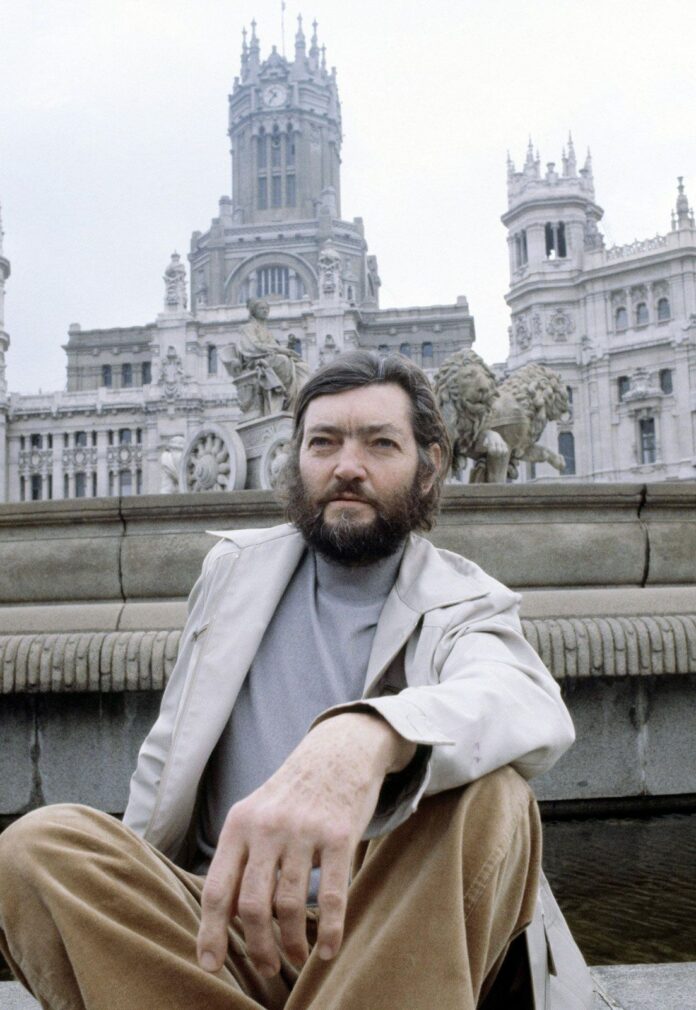On August 26, 1914, in Brussels, Belgium, Julio Cortázar, the Argentine writer who would become a literary giant of the Latin American Boom, was born. Cortázar’s innovative storytelling and intellectual depth reshaped modern literature, leaving behind a legacy that continues to inspire readers around the globe.
A Life That Spanned Borders
Born to Argentine parents stationed in Belgium during World War I, Cortázar’s early life was marked by constant movement. His family relocated to Argentina when he was a young child, where he grew up immersed in literature. By adulthood, his intellectual pursuits and a growing disillusionment with political turmoil in Argentina led him to settle in Paris—a city that became his muse and second home.
Though Paris offered the backdrop for much of his life and creativity, Cortázar’s works remained deeply rooted in the culture and spirit of Latin America. His writing transcended borders, blending surrealism, philosophy, and everyday life into extraordinary tales.
A Literary Revolutionary
Cortázar’s 1963 novel, Hopscotch, is widely regarded as a masterpiece of modern literature. Designed as a “counter-novel,” it invites readers to engage with its chapters in multiple ways. They can read it straight through in traditional order or follow Cortázar’s suggested “hopscotch” pattern, leaping between chapters in a deliberate yet unconventional sequence.
Hopscotch delves into existential questions, alienation, and the search for meaning. It challenges readers to navigate its non-linear structure, mirroring the fragmented and often chaotic nature of life itself. The novel’s innovative form and philosophical depth cemented Cortázar’s reputation as a leading figure in the Latin American Boom.
But Cortázar’s genius wasn’t confined to novels. His short stories, including those found in Blow-Up and Other Stories and Cronopios and Famas, showcased his ability to explore profound ideas through surreal and thought-provoking narratives. Whether unraveling the mystery of a tiger prowling an apartment or chronicling the peculiar lives of Cronopios and Famas, his work invited readers into cerebral and hauntingly vivid worlds.
A Legacy That Lives On
Julio Cortázar passed away on February 12, 1984, in Paris, at the age of 69. He died of leukemia, leaving behind eight novels, over 100 short stories, and countless essays that continue to captivate readers and writers alike. Cortázar’s grave at Montparnasse Cemetery remains a site of pilgrimage for admirers who, like him, believe in the transformative power of literature.
His influence endures not only through his works but in the way he dared readers to view the world differently. Cortázar challenged literary norms and expanded the possibilities of storytelling, creating a legacy that still feels as profound and groundbreaking today as it did decades ago.
Closing Thought
As we celebrate the birth of Julio Cortázar, we honor a writer who redefined the boundaries of literature and explored the complexities of human existence. From the philosophical depth of Hopscotch to his haunting short stories, Cortázar’s works remind us that literature is not just to be read but to be questioned and experienced.
Rest in peace, maestro, and thank you for the worlds you created and shared with us.




